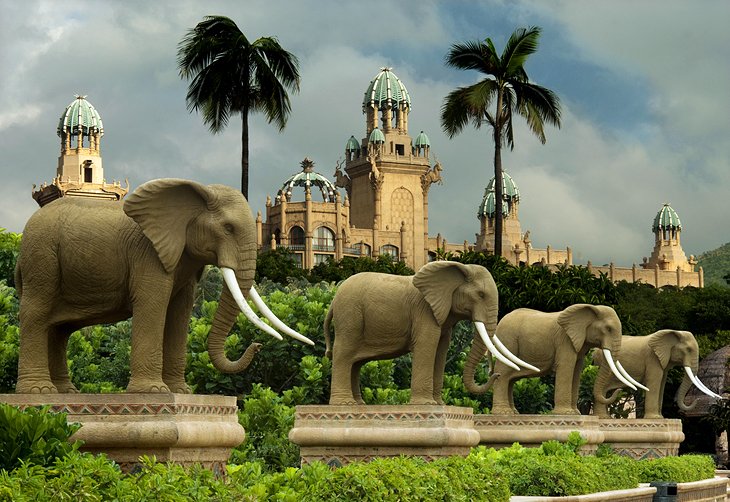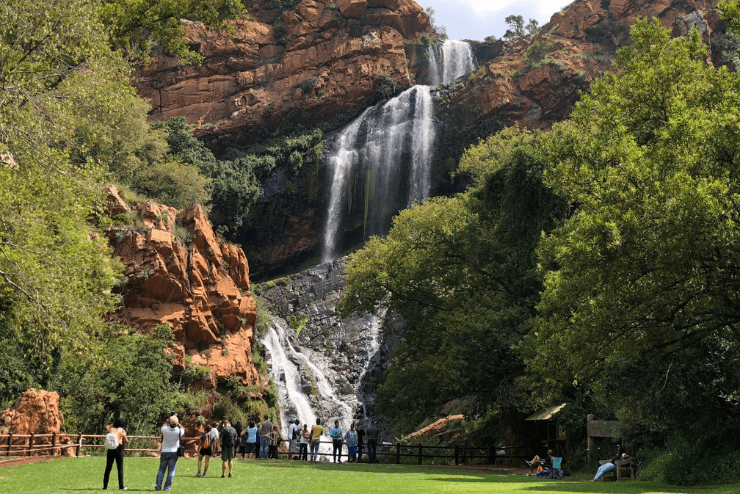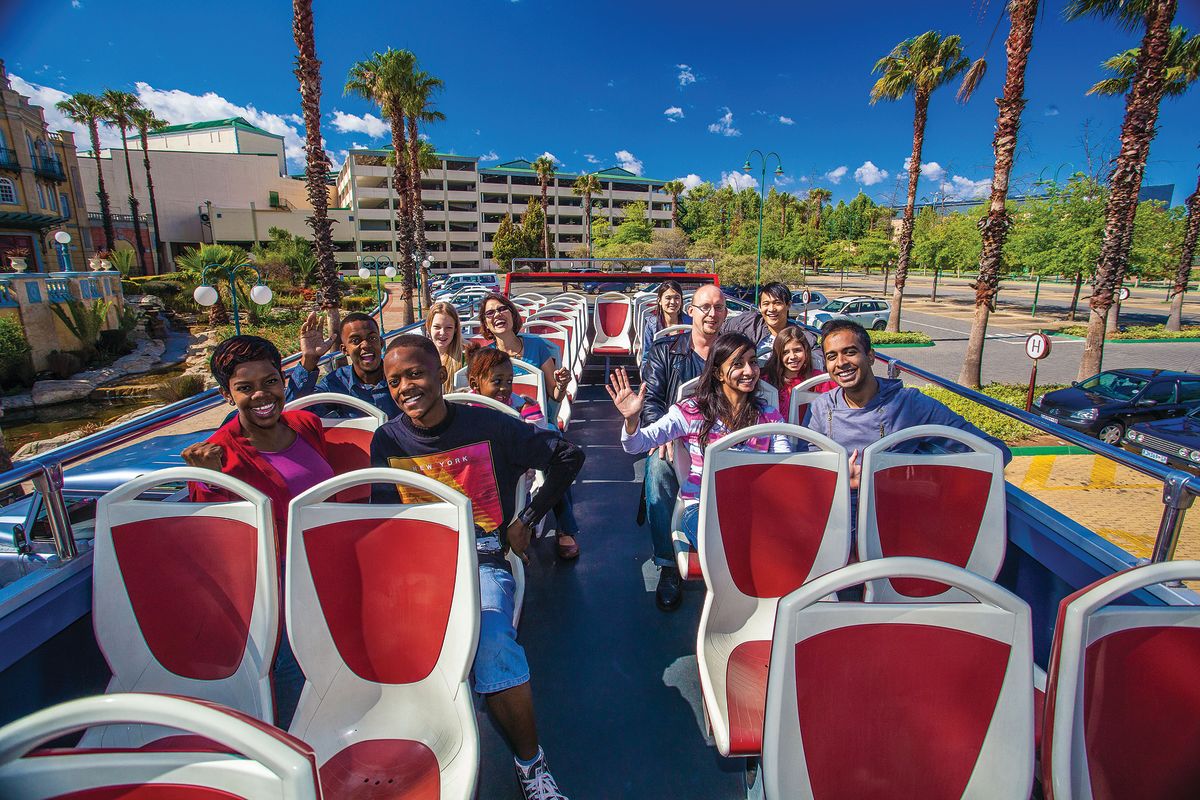5 Easy Facts About Johannesburg North Attractions Described
5 Easy Facts About Johannesburg North Attractions Described
Blog Article
The smart Trick of Johannesburg North Attractions That Nobody is Discussing
Table of ContentsJohannesburg North Attractions - QuestionsSome Known Details About Johannesburg North Attractions The Basic Principles Of Johannesburg North Attractions Johannesburg North Attractions for DummiesGetting My Johannesburg North Attractions To WorkThe Best Strategy To Use For Johannesburg North AttractionsThe 10-Second Trick For Johannesburg North Attractions
However you need to maintain protection in mind and travelers should continue to be sharp in all times when in unknown surroundings. Talk to the locals when you are in town to discover the area you are remaining in. Johannesburg North attractions. When on the street (this does not put on mall and other safe and secure environments) finest general advice is to attempt your ideal to appear like a neighborhood and to prevent showing any type of form of riches
Some Of Johannesburg North Attractions
Professor Revil Mason O. J. (Thomson, 1946) explored the Witwatersrand's pre-colonial background. His historical work blew up the 'em pty land' myth, according to which the region was devoid of human habitation prior to the arrival of European settlers. In his publications Prehistory of the Transvaal: A Document of Human Activity (1962) and Origins of Black People of Johannesburg and the Southern Western Central Transvaal AD 3501880 (1986 ), Professor Mason showed the level of social and economic advancement in the location before Europeans established foot below.

The smart Trick of Johannesburg North Attractions That Nobody is Discussing
In 1878, David Wardrop found gold in quartz capillaries at Zwartkop, north of Krugersdorp. In 1881, Stephanus Minnaar came across gold on the ranch Kromdraai, near the Cradle of Humankind.
In March 1886, an outcropping (soon to be called the Key Reef) was found, rather fortunately, on Gerhardus Oosthuizen's farm Langlaagte. Some state that the Lancastrian coal miner George Walker found this reef. Another itinerant English prospector, George Harrison (that had previously worked in Australian mines) acquired a prospecting permit in respect of Langlaagte in May 1886.
He determined to proceed in a pursuit for greener pastures, and disposed of his Langlaagte case for the baronial amount of 10. Alas: below lay the richest goldfield ever located. The discovery of this rich auriferous reef prompted a gold rush that signalled completion of agrarian serenity in the southerly Transvaal.
It would certainly, within six years, end up being the biggest community in southerly Africa. Within a decade, it would make the Z. A. R. till then an anarchical and bankrupt little state the richest nation in Africa. By the millenium, the Z. A. R. was to surpass Russia, Australia and the USA of America to come to be the world's leading gold manufacturer, generating more than a quarter of the world's gold.
Not known Details About Johannesburg North Attractions
It was referred to as Ferreira's Camp, called after Colonel Ignatius Ferreira. He was a Boer traveler upon whom the British authorities had presented the standing of Companion of one of the most Identified Order of St Michael and St George (qualifying him to the post-nominal letters C. M. G.) in gratitude for his duty in the battle that had deposed the Pedi king Sekhukhune in 1879.
Two other camps were established: Meyer's Camp on the ranch Doornfontein, and Paarl Camp. The latter was nicknamed Afrikander Camp; numerous people from the Cape Swarm his response worked out there.

The smart Trick of Johannesburg North Attractions That Nobody is Discussing
This name got money by word of mouth, such that the State Secretary attested the name to the Mining Commissioner on 9 October 1886. Stands in the town were auctioned on 8 December 1886. While some stands were marketed for 10, others were knocked down for as low as sixpence.
2 years later on, these erven were to transform hands for as long as 750 each. The tented camps decreased as a dorp of corrugated iron structures established and increased north of the mines located along the Key Reef Road. Locations such as find more Jeppe's Town (where working-class immigrants erected their dwellings) and Doornfontein (where the upscale new 'Randlords' started to construct their opulent residences) were quickly added to the ever-expanding map of the town.
Excitement About Johannesburg North Attractions
Aside from the road names, there were no signs of Johannesburg being located in a Dutch-speaking country. Several years later on, C. W. Kearns O. J. (one of the first boys enlisted at St John's University in 1898) would recall: 'An unusual truth about Johannesburg was that, although it was in the [Boer Republic], nearly everyone spoke English and also the Federal government slaves resolved one in English, unless they were very first dealt with in the Taal (or Reduced Dutch)'.
As such, Britain had a rate of interest in making certain ideal conditions for gold production on the Witwatersrand, which the gold was exported to London as opposed to Berlin a crucial rendered all the more clamant by the Z. A. R - Johannesburg North attractions.'s enhancing toenadering with Germany. Mine owners were on an accident training course with President Kruger, whose policy of monopolistic concessions (commonly granted to his cronies) avoided mining companies from acquiring products of products (specifically dynamite) and labour on their very own, less costly terms
Get This Report on Johannesburg North Attractions
In 1890, the Volksraad had restricted the franchise to white guys who had actually resided in the Z. A. R. for fourteen years or longer, hence invalidating many of the immigrants (that happened to be the significant contributors to the fiscus). Nonetheless, frustration for the ballot was a plain pretense for advertising a various program; many uitlanders regarded themselves as short-term site visitors and had no purpose of staying in the Z.
Report this page